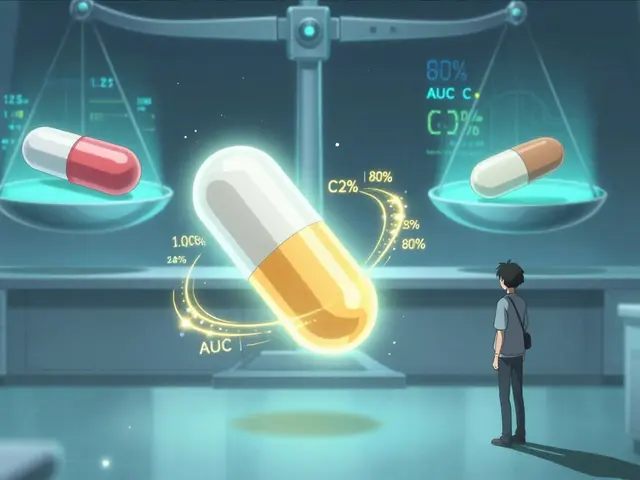Pregnancy Chances: What Really Impacts Getting Pregnant?
Wondering about your chances of getting pregnant? You’re not alone. So many people try to figure out what actually boosts fertility and what could be holding them back. The truth isn’t always what you hear from friends or see in movies.
First up, your age matters—a lot. Most women have the best chance of getting pregnant in their 20s. In your 30s, chances slowly dip, and by your early 40s, getting pregnant naturally becomes significantly harder. Sperm counts drop with age too, though not as sharply as egg quality does.
The menstrual cycle holds the keys. Ovulation—the release of an egg—usually happens about 14 days before your period starts. You’re most likely to conceive in the few days leading up to and just after ovulation. If you track your cycles with an app or ovulation test kits, you’ll know your fertile window and can time intercourse for better odds.
But let’s not forget health and lifestyle. Smoking, heavy drinking, too much caffeine, or being way over or underweight can cut your chances. Good nutrition, regular exercise, and managing stress help, but crash diets or hardcore gym routines won’t magically speed things up. Your partner’s habits count too—sperm hate heat, so those daily hot tubs aren’t helping.
Birth control can play tricks on your timeframe. Most hormonal methods (like the pill) wear off in a couple of months, but for some, cycles can take longer to become regular again. Don’t worry—temporary delays in getting a period after birth control are common, but long-term trouble could signal another issue.
Medical conditions like PCOS, endometriosis, or thyroid problems can lower your chances, but they don’t mean pregnancy is off the table. Sometimes, a chat with a doctor can get you a solution faster than months of guessing. If you’re under 35 and have been trying for a year without luck—or just 6 months if you’re older—consider seeing a fertility specialist.
Misinformation is everywhere. For example, having sex every day doesn’t hurt your chances. In fact, regular sex every 2-3 days keeps sperm quality at its best. And weird positions or lying still after sex? There’s no proof those make a difference.
Here’s a shocker—not every couple gets pregnant right away. Even with perfect timing and no health problems, most healthy couples have about a 20-25% chance each cycle. That’s normal, not a sign something’s wrong. But being aware of what truly affects fertility gives you more control and less stress as you try to grow your family.
Luteal Phase Defect: Causes, Symptoms, and Its Impact on Implantation Success
Luteal phase defect is a subtle but critical factor in fertility, often overlooked by hopeful parents. This article breaks down how an inadequate corpus luteum disrupts the hormonal support needed for a healthy pregnancy and why it leads to implantation failure. Get into the science, symptoms, and personal stories behind this under-discussed fertility struggle. Learn how to interpret the clues your body gives and what you can actually do to support your chances of successful implantation. If you’ve been wondering about hormonal factors that make or break conception, you’ll find practical guidance and evidence-based facts here.
View More




